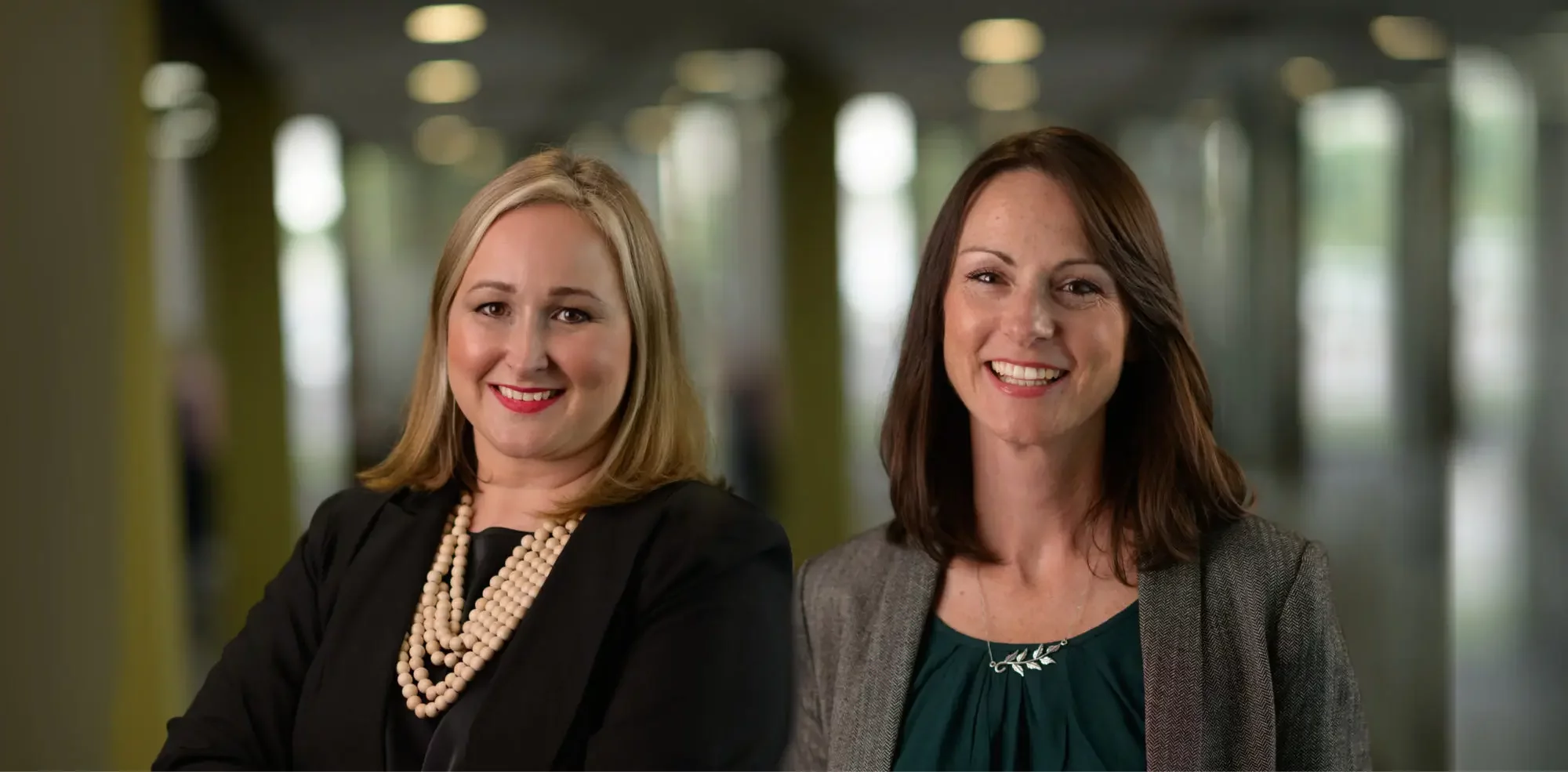Impact investing can unlock true value and create long-lasting social and economic opportunities for others. The key, says Andy Agaba, is in taking a long term view on your business. Read here on Andy’s journey in founding Hiinga, a faith-driven Impact Investing organisation that funds values-driven entrepreneurs in East Africa.
‘I told God that I really wanted to be at this intersection of job creation, of supporting entrepreneurs, and providing access to capital. And to my surprise, it’s now almost 20 years later and this dream has not left me. That’s the journey I went on before starting Hiinga,’ says Andy.
Hiinga is a Christ-Centered Impact Investing Fund that invests in the ‘missing middle’ entrepreneurs. Besides capital, Hiinga provides business training and mentoring, Christian discipleship and leadership development. The hope is that these entrepreneurs will then go on to create jobs, mentor others and essentially create long-term value for their communities, families and churches.
How does Hiinga take a long-term view?
They invest in businesses over years, with lending rates below market value. ‘We aren’t profit-driven,’ explains Andy. ‘We designed Hiinga in such a way that we are not extractive. So essentially, we charge just enough to help us to remain in business. This means we don’t take all the profit, but leave some of it for the benefit of the businesses we invest in. It is based on the biblical concept of gleaning. The Jews (when harvesting fields) would not clear the whole field – they would leave some of the grain in the field so the poor could come in after them and collect enough to eat.’
This approach means that Hiinga cannot serve as many entrepreneurs as they would like – but they are seeing the fruits of their long-term investments, especially in the health sector.
Andy believes that short-term investing does not serve people well.
‘It does not really grow people, it does not grow companies, and it cannot grow communities and societies. I’m so glad that God made me African. I know when I’m investing here, I’m not just investing in me, I’m investing in our future, in the future of our children, the future of our grandchildren, the future of my friends and church and family.’
Andy points out that poverty in Africa is generational, so any strategies to combat poverty also have to be multi-generational. ‘When you think about the potential entrepreneurs to invest in, it’s not just about the young man or the young woman standing in front of you – you have to think about how this will impact their children and their children’s children.’
He goes on to explain, ‘Scripture talks about visiting sins upon the third and fourth generations. So if a problem is that deeply rooted, the solution needs to be equally long-term focused. And I definitely think things are better than they were 20 years or 40 years ago. So it takes time, as injustices are corrected and we put in the hard work to change how things are done.’
Andy’s greatest motivation comes from knowing that we’re all part of God’s beautiful redemptive story.
‘The world looks at success in many ways but in God’s kingdom, we all have an equally important role to play’ says Andy. ‘We just have to show up really, and God does the work.’
This blog is a summary of the article first published on the Ziwani website entitled ‘Take a long term view’. To read the original article, click here

